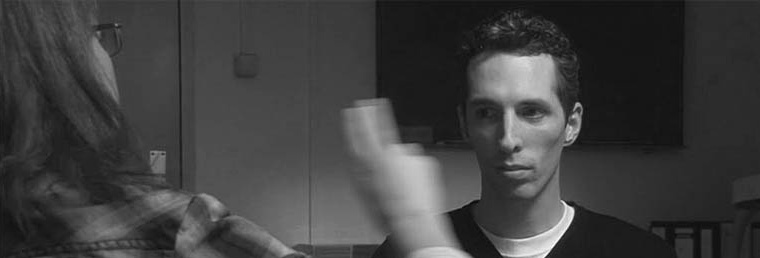EMDR therapy took the edge off my panic
- Paul Steen suffered from anxiety and depression after the death of his wife, so sought help from a therapist who included Eye Movement Desensitisation and Reprocessing (EMDR) in her practice
- Length of therapeutic relationship: 18 months
When my wife died, it brought back problems that I had struggled with in the past. So it wasn’t just terrible, crippling grief I was experiencing; in my mind I was conflating very different things, and then I started having panic attacks. I knew I needed help or I would have a breakdown.
I found a bereavement specialist, and – along with traditional psychotherapy – she practised a particular kind of therapy called Eye Movement Desensitisation and Reprocessing (EMDR). She would take a pen or stick or even use her finger and then – as I thought about the most traumatic part of my wife’s death – she would move it from one side to another, while I stared at it. I was very sceptical, but it was effective. It did take the edge off my panic.
It was traumatic, but she was a very experienced therapist, and I always knew we were working towards a good outcome
Eventually we entered a long period of talking therapy in which we tried to sort out the grief from my historic anxieties, so that I could understand why I felt so guilty and angry. I felt trapped in a cyclical thought process, and - on my own - I couldn’t get out of it.
My therapy lasted 18 months. Not every week after the first year, but still pretty regularly. I pushed it hard; I wanted to understand what was happening, so I took notes. A lot of it was traumatic; some sessions were appalling. But she was a very experienced therapist, and I always knew we were working towards a good outcome.
As far as I can see, it makes absolute sense to seek this kind of help when you need it. It’s caveman talk to see it as a sign of weakness. You need help; you should get it. Yes, it’s costs a lot – £80 a time for this therapist – but it was worth every penny.
You can find qualified, experienced therapists and counsellors who specialise in trauma on the welldoing.org directory from around London and the rest of the UK.
If you want to tell your therapy story – anonymously if you prefer – please get in touch with us at [email protected]











